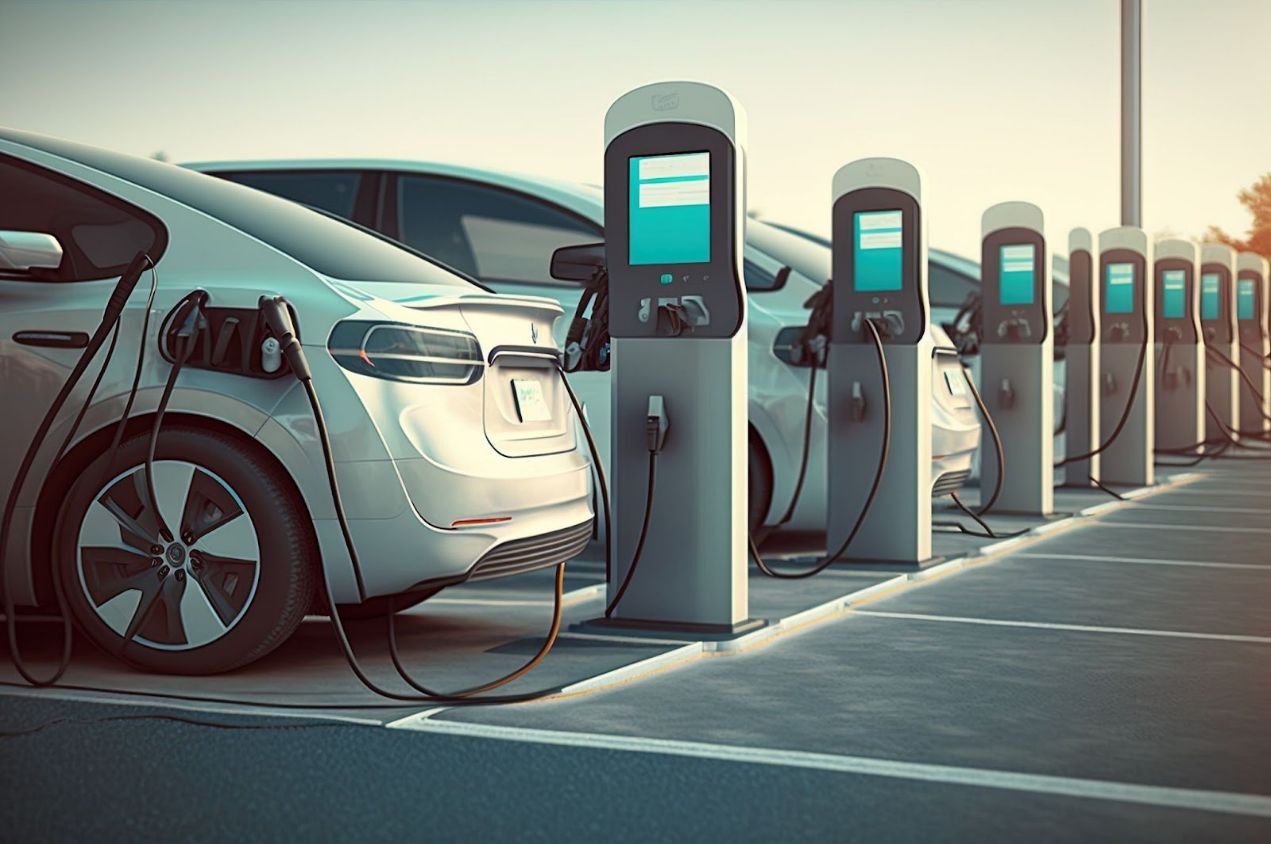home charger
If you’re thinking of buying an electric vehicle (EV), you probably should consider installing a home charger too.
Why it matters: Nobody thinks about how they’ll refuel when buying a traditional gasoline-powered car. But charging is a critical factor for EV buyers.
The big picture: Home chargers make sense for several reasons.
Public chargers aren’t convenient if you have to drive out of your way to find one or wait your turn while others are charging.
And while most EVs come with a basic charging cable, plugging into a typical 120-volt wall socket is so slow it could take a day — or two! — to fully recharge.
With a 240-volt Level 2 home charger, you can recharge overnight, when rates are lowest.
Plus, many incentives are available for home chargers, including utility rebates and state and federal tax credits.
Hire a licensed electrician. You’ll need them to assess your home’s electrical load and whether it can support a dedicated circuit for an EV charger. Plus, they’ll pull any needed permits.
The good news is that many carmakers have partnered with a charging specialist called Qmerit to help customers navigate the installation process.
Some automakers will even cover the cost of a basic home charger installation
16A 5m IEC 62196-2 Type 2 EV Electric Car Charging Cable 5m 1Phase Type 2 EVSE Cable
Post time: Nov-20-2023









